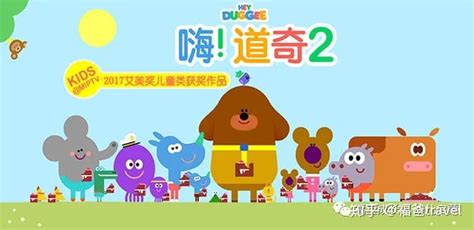熊孩子英语翻译:How to Translate "熊孩子" in English?

Introduction:
"熊孩子" is a popular Chinese term used to describe misbehaving or unruly children, typically with a sense of mischief or naughtiness. It is often used affectionately to refer to children who are mischievous but not necessarily harmful. Translating this term into English can be a bit challenging as there is no direct equivalent. However, there are some alternative phrases and expressions that can capture the essence of "熊孩子".
1. Brat:
"Brat" is a commonly used English term that often conveys the idea of a misbehaving child with a bit of cheekiness. While "brat" can have a negative connotation, it can also be used playfully or affectionately, similar to how "熊孩子" is used in Chinese.
Example:
"Don't mind Timmy's pranks; he's just being a little brat."
2. Rascal:
"Rascal" is another term that can be used to describe mischievous children in English. It suggests a sense of playfulness and mischief, similar to how "熊孩子" is often used. "Rascal" can also be used in an endearing way to suggest that the child is lovable despite their misbehavior.
Example:
"Look at that little rascal climbing the tree again!"
3. Troublemaker:
"Troublemaker" is a term that is commonly used to describe someone who causes problems or disruptions. While it may sound slightly more negative than "熊孩子", it can still capture the concept of a mischievous child who often gets into trouble due to their antics.
Example:
"Emily can be quite a troublemaker, always getting into things she shouldn't."
4. Little mischief:
"Little mischief" is a more literal translation that can be used to convey the idea of a mischievous child. While it may not be as commonly used as the previous options, it can still convey the sense of playfulness and mischief associated with "熊孩子".
Example:
"Watch out for Sophie; she's a little mischief."
Conclusion:
When translating "熊孩子" into English, it is important to consider the context and the level of mischief involved. Phrases like "brat", "rascal", "troublemaker", or "little mischief" can be used to capture the essence of "熊孩子" in different contexts. It's also worth noting that these translations might not always fully encompass the cultural connotations that come with the Chinese term.











